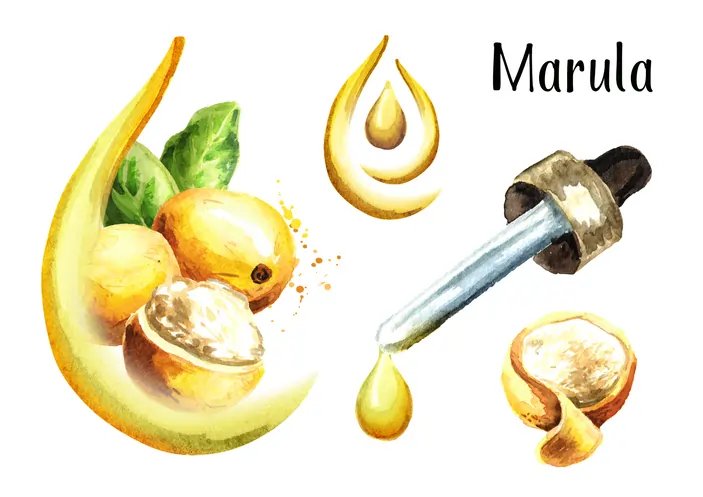World Bank Supports Bangladesh to Create Employment for the Poor
Published by Gbaf News
Posted on December 30, 2010
2 min readLast updated: January 22, 2026

Published by Gbaf News
Posted on December 30, 2010
2 min readLast updated: January 22, 2026

The World Bank today approved a US$150 million IDA credit to Bangladesh to create employment opportunities for the extreme poor in rural areas during the lean season and monga period. One-third of the employment opportunities will benefit poor women.
Despite commendable progress, around 60 million people in Bangladesh remain poor, with around 35 million of these people still living in extreme poverty.
With such large numbers of poor, even a small natural or economic shock can push many people into extreme poverty and hold back social gains, as witnessed during the food price crisis in 2008.
The Employment Generation Program for the Poorest Project will provide short-term employment to vulnerable households in extreme poverty, and especially to women. The project will support the ongoing program of the Government of Bangladesh that builds on previous successes.
“The World Bank places high priority on well-targeted and well-governed safety net programs to reduce the vulnerability of the poor,” said Ellen Goldstein, Country Director, World Bank Bangladesh. ”Together, the World Bank and government are expected to create approximately 200 million person-days of employment over a three-year period under this project.”
Each year, the project will run for a total of 100 days, spanning two lean seasons: one from October to December and another from March to May when rural day laborers are often out of work. Only households where the head is a manual laborer and which have less than ½ acre of land will be eligible for the program. Wages will be paid through formal financial channels to enhance transparency.
“The project will target both poorest upazillas and poorest households,” said Maitreyi Bordia Das, Senior Social Protection Specialist and Task Leader of the project. “Poverty maps will be used to ensure effective targeting and resource allocation at the Upazilla level. Further, the focus on women’s employment is expected to have large positive impact on their empowerment.”
The Employment Generation Program for the Poorest Project will focus on improving monitoring and evaluation, with emphasis on worksite supervision. The program will also support the development of an enhanced grievance redress system at the upazilla level.
The credit from the International Development Association (IDA), the World Bank’s concessionary arm, has 40 years to maturity with a 10-year grace period; it carries a service charge of 0.75 percent.
Explore more articles in the Top Stories category











